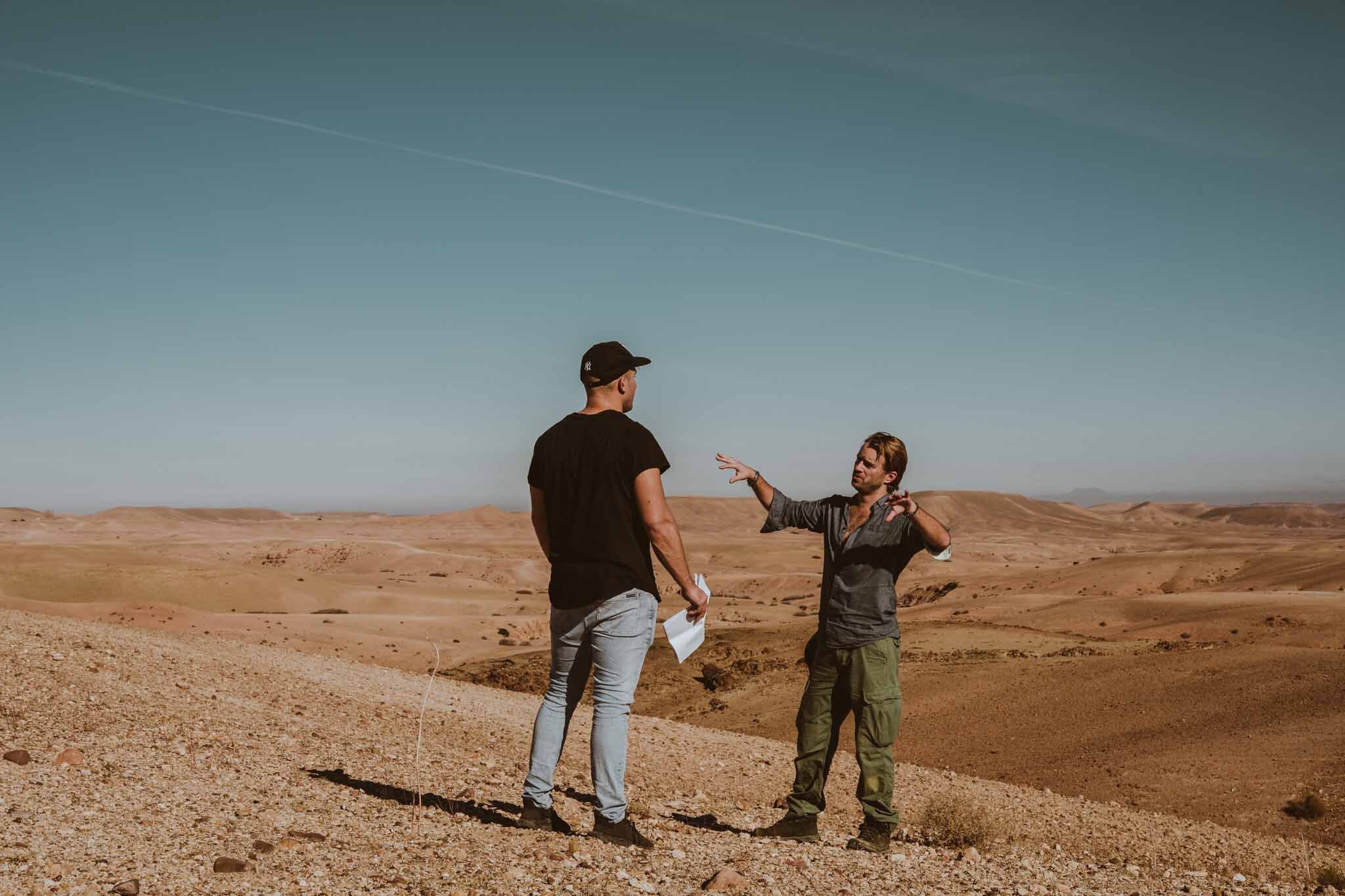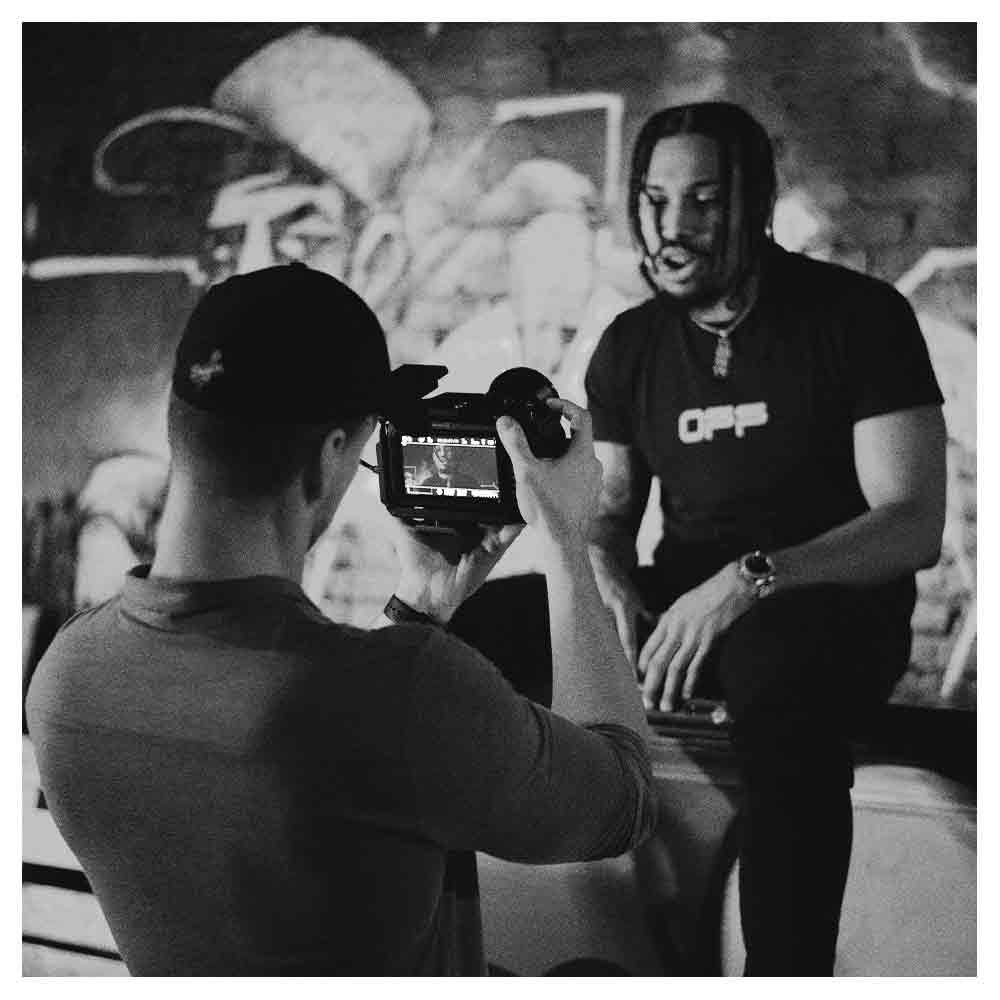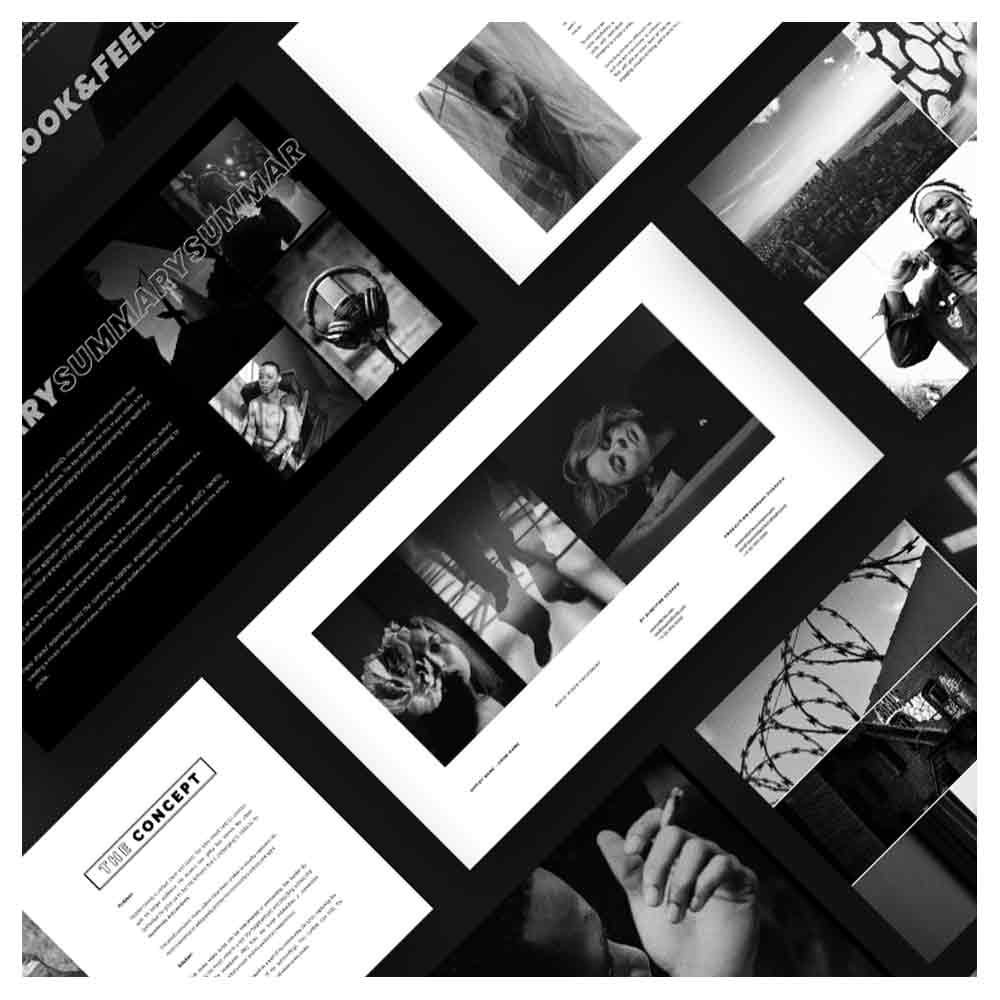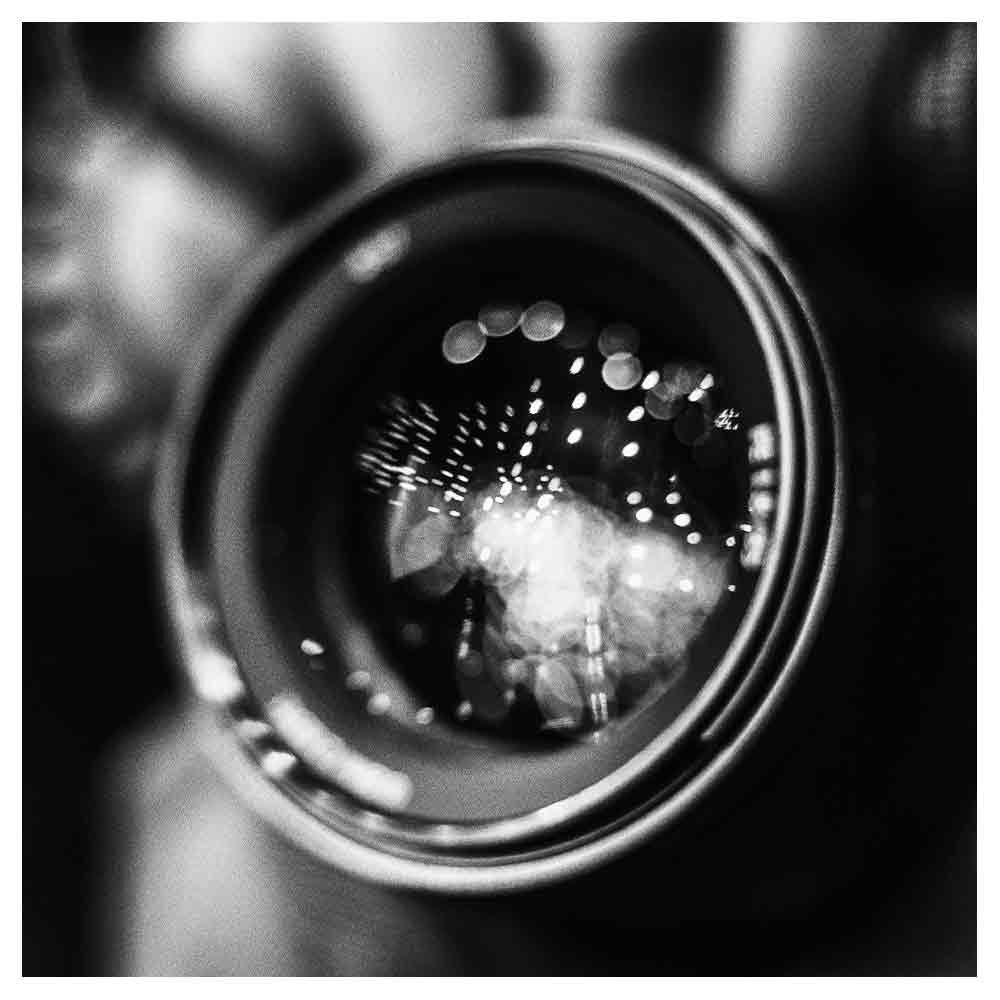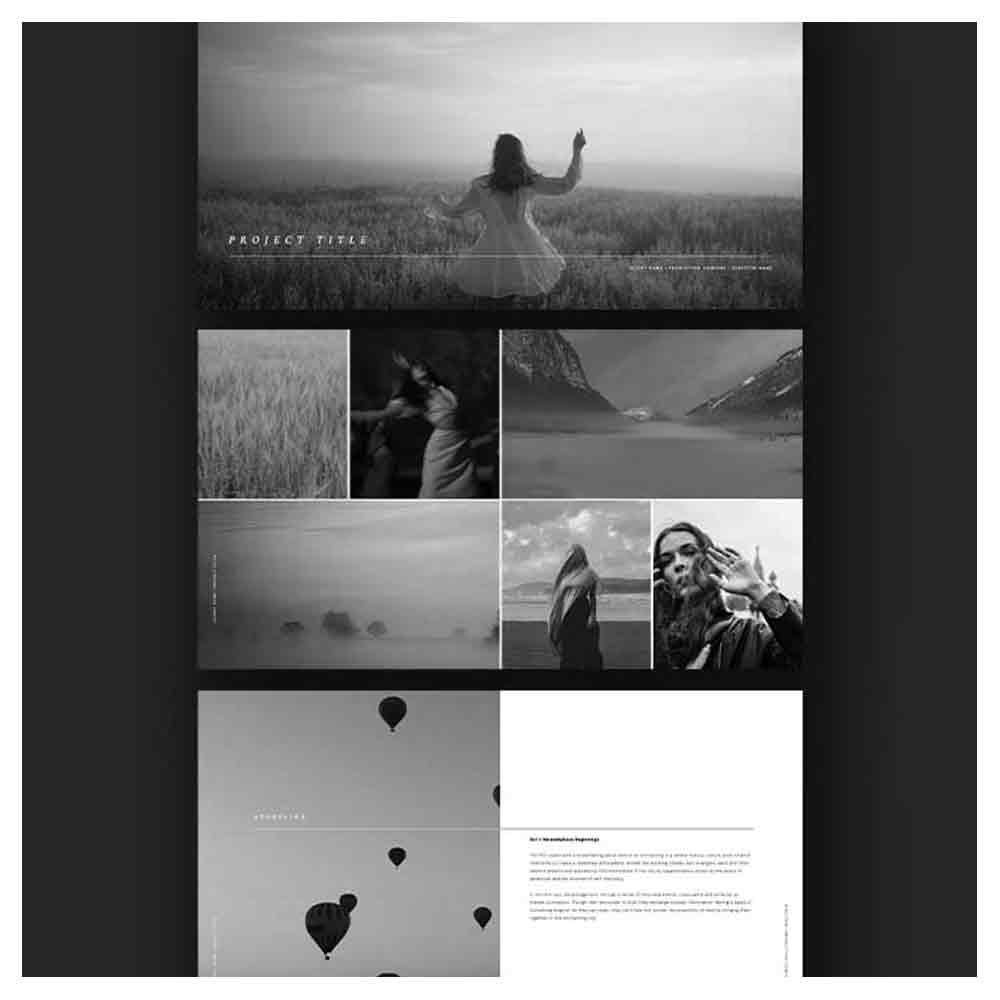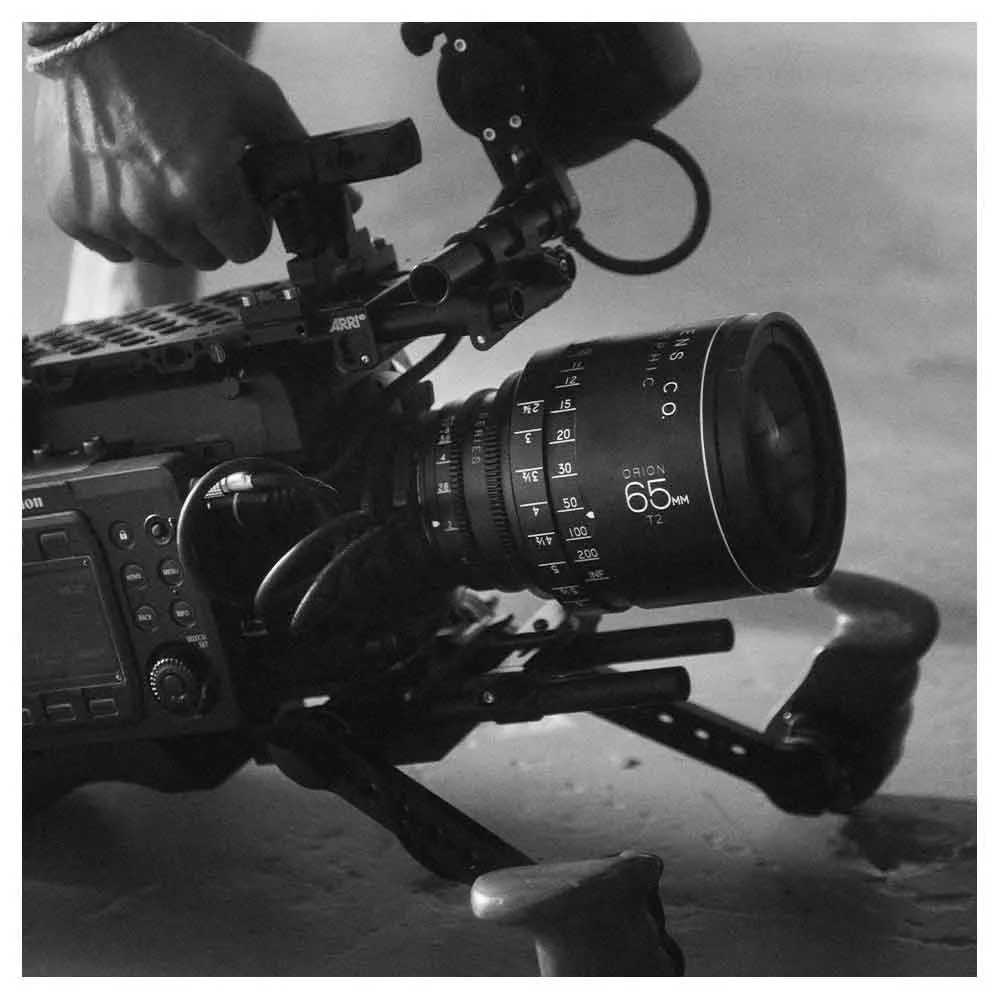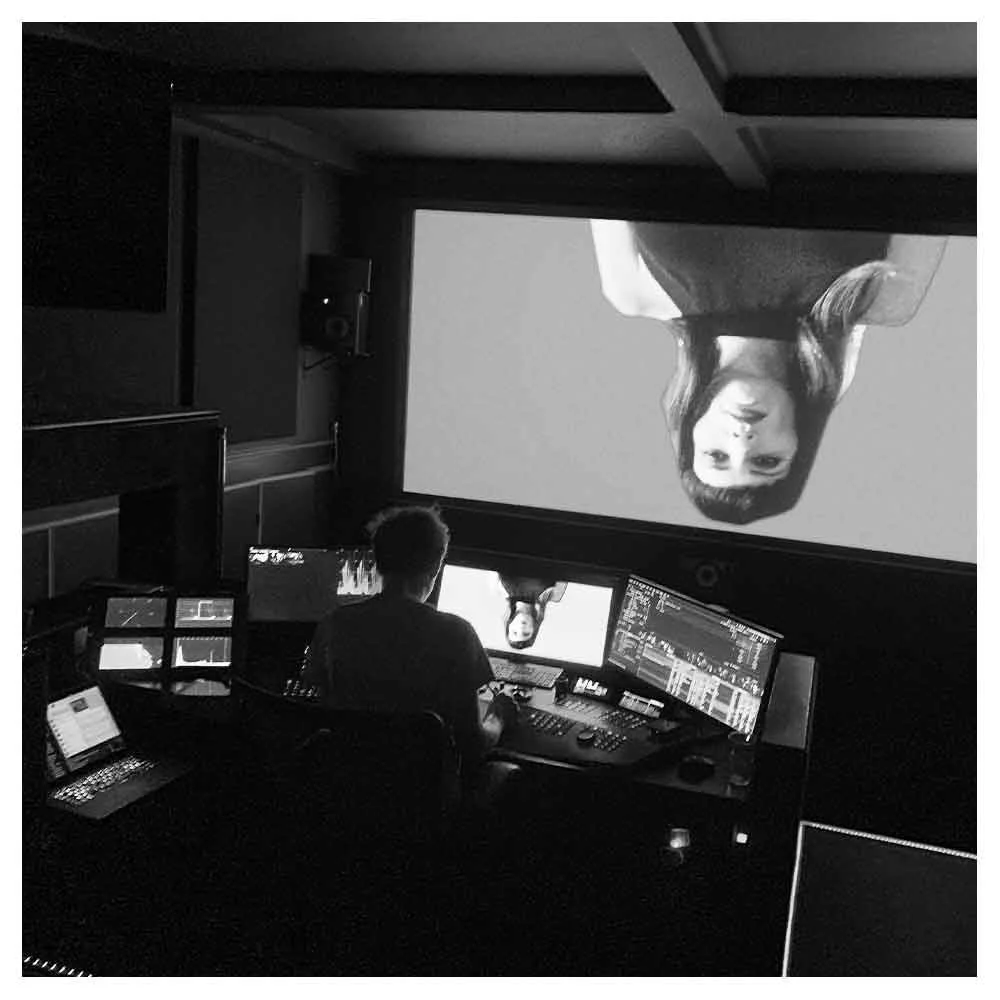Location Scouting—How To Find The Best Locations For Your Film
After winning the project pitch (preferably using one of these fabulous treatments) or securing the funding for your film or video production, it’s time to start location scouting to bring your ideas to life.
But where do you start scouting locations, and how do you find the different locations for filming? What logistical aspects must you consider when searching for the perfect film locations?
To help you on your way, I wanted to tell you about my location scout process and what I look for while traveling, observing, and finding the perfect filming locations.
What is location scouting?
In a nutshell, location scouting is finding a location that can be transformed into a place where filming can occur. No matter the size or production, all location searches for film or video projects are called location scouts.
You can do a location scout or hire a location scout to search for locations for you. Many professional location scouts or location scout agencies can help you find the perfect location for your project.
Why is location scouting for film projects important?
I believe the best way to explain why location scouting is essential is by describing what will happen if you don’t do a proper location scout before you push the record button.
Location scouting An ambitious project.
In 2014, I produced this music video for Dyro with a very ambitious concept centered around an abandoned factory in the south of Belgium.
During the pre-production, a few weeks before the two-day shoot, the director, cinematographer, and I visited the building, and we all loved the location.
I tried to get in touch with the local authorities to get permission to film inside the building, but all the phone numbers related to this building were not working, and the people at the town hall couldn’t help me with my request.
Eventually, I proposed to the music label that I was willing to go there, with the risk of being shut down and having no music video. The music label gave me the green light, and with a crew of 12, we drove to the south of Belgium, feeling like Bilbo Baggins in his first Hobbit movie.
We were going on an adventure!
The sound of the police.
The first day went well, but on the second day of filming, a concerned neighbor saw us entering the building, called the police, and eight police officers shut us down with bulletproof vests and drawn pistols. It was quite a happening…
Because we had already filmed one day, we had half a music video and tried to find a backup solution on the spot. One crew member proposed filming at an abandoned city near Antwerp called 'Doel.'
We packed all the gear and drove two hours to the other location, which we had never seen before.
A new ‘abandoned’ location.
When we arrived at the new location, we expected an abandoned city. But, it appeared to be a nationwide Tuned Opel Corsa gathering with hundreds of cars drifting around the empty streets and more police trying to control the mayhem!
With so many police cruising around town and no permission to film in this location, we had to find a few abandoned buildings that would match the previous location.
All the cool places weren't available as a filming locations, so we ended up in a hidden abandoned barn and something like an old factory near the city's edge.
The director improvised a new choreography, and we set up a few scouts in the area with portable radios to warn us if police cars were approaching.
Eventually, we succeeded in capturing all the shots for a music video, but it was one of the most stressful experiences ever.
No location scout consequences.
If we had had a location manager or done a location scout at this backup location before, we wouldn’t have lost so many hours waiting and wandering while losing sunlight rapidly.
We might have chosen a different film date without running into an Opel Corsa mayhem.
We might have been able to get permission in this second location, could have parked our cars nearby, found a toilet facility, and set up a proper production holding to safely back up all the data without doing that inside one of the cars.
I could have avoided a lot of stress, headache, and probably a few grey hairs. The bottom line, location scouting in the pre-production phase (before filming) is important!
How to start a location scout?
For me, location scouting for film production starts during pre-production by breaking down the script, story, or director’s treatment (a digital document that outlines the director’s vision).
Breaking down the story, script, or treatment means figuring out how many different locations are included in the story before you start looking for them.
Once you know how many filming locations your project includes, you can start your search for several options depending on what you, or the director (if that’s not you), think the specific locations should require according to the story.
Film Budget Limitations
Keep in mind that you probably have to work with budget limitations. Your concept might require filming in the middle of a city in a prime location, like in the middle of a busy city center.
But if that location requires lots of paperwork and big money for permits, you might have to make a concession and have alternative sites ready.
Where to look for film locations?
Once I know exactly how many filming locations a project requires and the look and feel I aim for, I will start my research with the production assistants and location scout (if the budget allows hiring one).
Start your Location Scout online
I directed a commercial for Absolut Vodka a few years ago, and filming was planned during the Amsterdam Dance Event.
Because the budget was minimal, cinematographer Aziz Al-dilaimi and I thought it was a good idea to go on an extended bike tour through Amsterdam, trying to find hidden gems for filming.
Although it was a good cardio session, after four hours of cycling in the rain and cold, we had found precisely zero locations and wasted an entire evening.
I advise using Google and Google image search before visiting places because you can search and find potential spots much faster online.
Location scouting platforms
A perfect alternative for Google is using photography platforms like Unsplash, Pexels, or 500PX.
At the bottom of each photo, the photographer usually includes location details of where the photo was taken. Another excellent resource for finding specific homes or residential buildings is Airbnb or Booking.com.
Once I’ve found a few potential locations, I use Google Maps and Google street view to understand the surroundings. You want to find answers to what kind of buildings and businesses surround your location?
Is there something in the immediate neighborhood like busy highways, airports, railways, 24/7 stores, homeless shelters, police or firefighter stations, construction sites, or any business that can cause trouble during the shoot?
Visit the location in person
After doing comprehensive research online, I usually visit the location in real life (generally called a ‘recce’) with the producer and the cinematographer to see if the area matches my online results.
If it doesn’t, I’ll have to go back to the drawing board and start a new online search for a proper location. But if the place fits our needs, I’ll start preparing the shoot with the cinematographer and assistant director.
Tech scout versus location scout
There can be another location visit called a 'tech scout' (technical scout) in the days leading up to filming. During the tech scout, the leading film department heads will join me on the location visit this time.
Depending on the production size, the crew during the tech scout will consist of the director, gaffer, producer, cinematographer, sound, production designer, art director, assistant director, grip, and location manager.
Location Scouts Vs. Location Managers
It's good to mention that there is a difference between a location scout and a location manager.
Location managers are responsible for everything at the location during the film production, and they will handle logistical and technical problems that might disrupt the filmmaking process. A location scout is only focused on finding the right place for filming.
The difference between the tech scout and the location scout is that you will dive into more detail about what will happen during the shoot, so everybody knows what to do throughout the day of the shoot.
Depending on the scene's staging, the technical crew will usually discuss where to set up lights and dolly tracks and where to pull electricity.
9-point location scout checklist
Below I’ve outlined a 9-point checklist I use during my location scout process.
Permission
I guess the first point of this list is the most important one. Do you need permission to film at your location or use it for free?
Don't underestimate this and think you can get away with everything! Filming is stressful, so it's your job (and the producer's) to create as much peace of mind for yourself as possible.
Noise Distractions
During the shoot of my short film Ius Talionis, the road next to our location appeared to be a logistical traffic route for Dusseldorf Airport.
One of the main scenes inside a car had to be shot close to this road, and unfortunately, because of the occasional bypassing truck, a lot of takes couldn't be used in the edit.
If you want to avoid these situations, try to find out if your location is next to an airport, a railway, a school, or a busy motorway.
Are there any noise distractions inside the place, like noisy air-conditioning? And if so, can you shut it off?
Travel Time
How far is the location from the production company's office? A film day is usually calculated as ten hours from home (or the production office) and back.
If it's too far, you might have to provide people with a hotel or pay people for overtime.
Parking Facilities
Is sufficient free or paid (extended) parking available near the location or in the direct area?
Future Events
Are there particular events or festivals in or around your location that could disturb your recordings when you want to film? (just like the Opel Corsa gathering at our Belgium job)
Power Supplies
What will be the power supply for all the electricity? Is there a sufficient power supply inside the building, or do you need external sources like a generator or batteries?
Production Holding
Is there a separate space where production can set up a desk, camera assistants can unload the camera cards, make-up artists can do their job, and lunch can be served?
Toilet Facilities
Are there sufficient toilet facilities nearby? If not, can you ask people in the neighborhood if you can use their toilet facilities or buy a small portable toilet that you can set up in a private area?
Sunlight Direction
On the location, you want to know the best timing for filming regarding sunlight. There are many apps like ’ help you show where the sun will be at a particular time of the day.
Another helpful app is 'Golden Hour,' which shows you precisely the lighting conditions around sunset for those perfect golden hour shots!
On location scout with cinematographer Aziz Al-dilaimi in the snowy mountains of Bulgaria.
8 Location scouting tips
Below, I‘ve summed up eight valuable tips for when the time comes to visit your location in person.
Bring a photo camera
When you go location scouting, make sure to bring a proper photo camera with you, like a Canon or Nikon DSLR, combined with different (zoom) lenses.
High-quality images instead of your phone images allow you to zoom in on the photos when you return home and uncover things you didn’t see at first sight.
Another reason for bringing a proper photo camera is that you can use your photos to create a storyboard without drawing. In this article, I’ve outlined how I make my storyboards without drawing.
Use stand-ins
On location, try to find cool camera angles with your photo camera while using people as stand-ins.
A stand-in doesn't have to be a professional model or actor. It can be the producer, the production assistant, the location manager, or just a friend.
Visit the location at the right time
I know it won't always be possible, but when you go on your location scout, try to visit your location at the same time as you want to film on the day of the shoot because this helps give you a better understanding of what the lighting conditions will be during the shoot.
have the location Owner on standby
During the location scout, have the location owner stand by to ask questions and explore possibilities on the spot.
It is way easier to explain in person what you want to do and the potential risks involved than trying to do that over the phone or via email.
Befriend the location owner
Talking about potential risks (and damages), try to become friends with the location owner when visiting the location.
I always try to have a friendly conversation and give them some background information about myself and the project. If they like what you're doing, you're far more likely to get things done.
Going overtime won't be that much of a hassle, and issues have the potential to be solved much faster.
Maximize one location
Try to find a place where you can shoot as many angles as possible without moving around too much.
Moving the whole film crew circus from one location to another requires time, money, and resources—the rule of thumb: the fewer locations, the better.
Avoid branding
Look out for brand signs, logos, billboards, etc., on the location scout. Including those things in your project can cause a lot of legal issues.
Try to find camera angles where you can work around them, or include an extra budget for VFX to remove those things in post-production.
Cash is king
Remember this golden rule at all times: cash is king! I've never been to a location so far where we couldn't pay off the location owners or people who told us they would call the cops. Make sure you always have some cash in your pocket!
Conclusion
I know firsthand that being a location scout can be incredibly time-consuming, but it will always pay back in the long run.
Finding that perfect spot and discovering its photographic potential in pre-production is utterly satisfying.
It’s like walking onto the movie set that you’ve been thinking about for a long time and seeing, in your mind, how your project slowly comes to life.
Take your time to find the right location and only compromise when no other options are left. In my opinion, a good location is usually the difference between a mediocre and a great result.
Frequently asked questions about location scouting (FAQS)
What is location scouting?
Location scouting is finding and evaluating potential filming locations for a movie or TV show. This process includes assessing the location's suitability for the script and its accessibility, cost, and other logistical considerations.
Who is responsible for location scouting?
Location scouting is typically done by a location scout or manager, who works with the production team to find and secure suitable locations for the project.
How do you go about finding potential locations?
Location scouts often use various resources to find potential locations, including location databases, local film commissions, and word of mouth. They may also do on-foot or vehicle surveys to find suitable locations.
What factors are taken into consideration when evaluating a location?
Some of the factors considered when evaluating a location include the location's suitability for the script, the availability of power and other resources, the cost of using the area, and any logistical considerations such as parking and access to equipment.
How are locations secured for filming?
Once a location has been selected, the location scout or manager will work with the property owner or manager to secure the place for filming.
This often involves negotiating a location agreement or rental contract and may also include obtaining the necessary permits and insurance.
Can a private property be used for filming?
Yes, a private property can be used for filming, but it requires the property owner's or manager's permission.
It is also important to note that some locations may have restrictions on filming and will require additional permits.
Are there any legal considerations to consider when scouting and filming on location?
Yes, there are many legal considerations when scouting and filming on location—for example, obtaining necessary permits and insurance and being aware of any laws or regulations that may apply to the location or activity.
It is also essential to respect the property owner's rights and the privacy of the individuals who live or work in the area.
